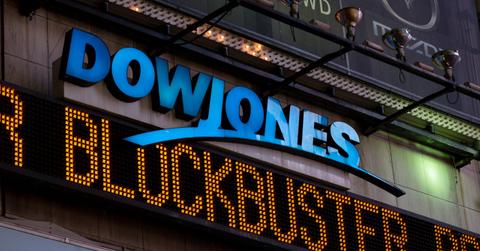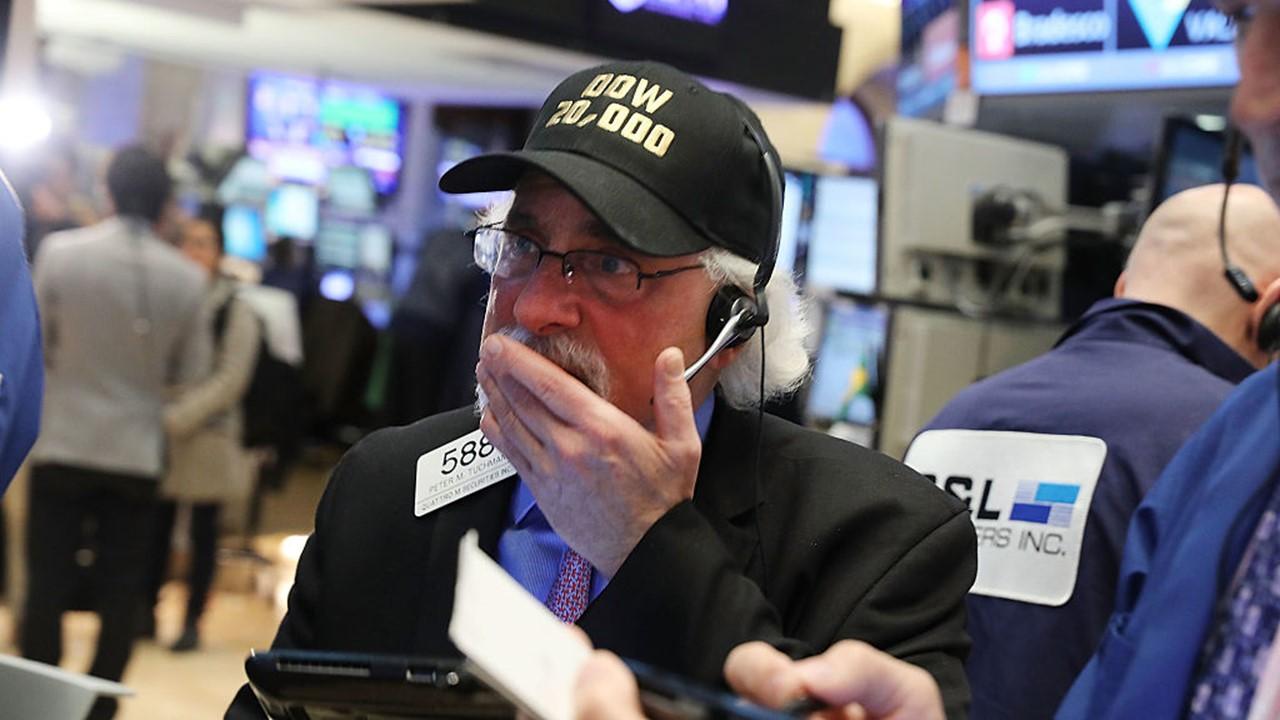Why Is the Dow Jones Industrial Average Important?
Many investors follow the Dow Jones. Why is the Dow Jones Industrial Average still important?
Oct. 13 2020, Updated 1:44 p.m. ET

First published in 1896, the Dow Jones Industrial Average Index is among the oldest stock exchanges globally. The Dow Jones took its current 30-share index avatar in 1928. The S&P 500 Index, which was created in 1957, is currently the most popular index globally. Over $4.5 trillion of assets were indexed to the S&P 500 in 2019 compared to $28 billion indexed to the Dow Jones Industrial Average Index.
Many investors follow the Dow Jones Industrial Average. Why is the Dow Jones Industrial Average still important despite its waning popularity?

What does the Dow Jones Industrial Average track?
The Dow Jones Industrial Average is a price-weighted index of the 30 largest U.S. companies. The index tracks the weighted price movement of these 30 stocks. To calculate the value of the Dow Jones, the prices of all 30 stocks are added together and divided by the divisor. The index moves in points, which reflect the underlying price movement of the 30 stocks.
Why does the Dow Jones Industrial Average go up and down?
The Dow Jones Industrial Average goes up and down based on the price action of the 30 constituents. The stock prices change with every tick and so does the value of the Dow Jones Index. The movement in stock prices is a function of how much investors are willing to pay for the stock. U.S. stock markets crashed in March. Investors were pessimistic about the economic outlook amid the COVID-19 pandemic.
Since then, U.S. stock markets have recouped their losses. The S&P 500 and the Nasdaq 100 Index hit new record highs. So far, the Dow Jones has underperformed the S&P 500 this year.
Why is the Dow Jones Industrial Average Important?
Many people are critical of the Dow Jones Industrial Average Index. The index only has 30 constituents, which makes it less diversified compared to the S&P 500 with 500 holdings. Also, the Dow Jones doesn't have companies like Amazon, Alphabet, Facebook, and Netflix as its constituents. Although these companies are part of most Americans' daily lives, they aren't featured in the Dow Jones Index's 30 shares.
The index's criticism and waning popularity notwithstanding, the Dow Jones is still important. Many investors see the index as a gauge of the U.S. economy. Also, while the index only has 30 constituents, it features companies from diverse sectors. The Dow’s underperformance this year also explains how tech-heavy indices like the Nasdaq 100 don’t paint the real picture of the U.S. economy. President Trump frequently tweets when Dow hits new milestones.
How do companies get added to the Dow Jones Industrial Average?
The Dow Jones Index is rebalanced periodically. The most recent change was in August this year when it added Salesforce, Amgen, and Honeywell. The three companies replaced Raytheon Technologies, ExxonMobil, and Pfizer.
The changes were made after Apple’s weightage in the Dow Jones fell due to the split. Commenting on the changes, the S&P Dow Jones Indices said, “They also help diversify the index by removing overlap between companies of similar scope and adding new types of businesses that better reflect the American economy.”
According to the S&P Dow Jones Indices, “While stock selection is not governed by quantitative rules, a stock typically is added only if the company has an excellent reputation, demonstrates sustained growth and is of interest to a large number of investors. Companies should be incorporated and headquartered in the U.S.”
